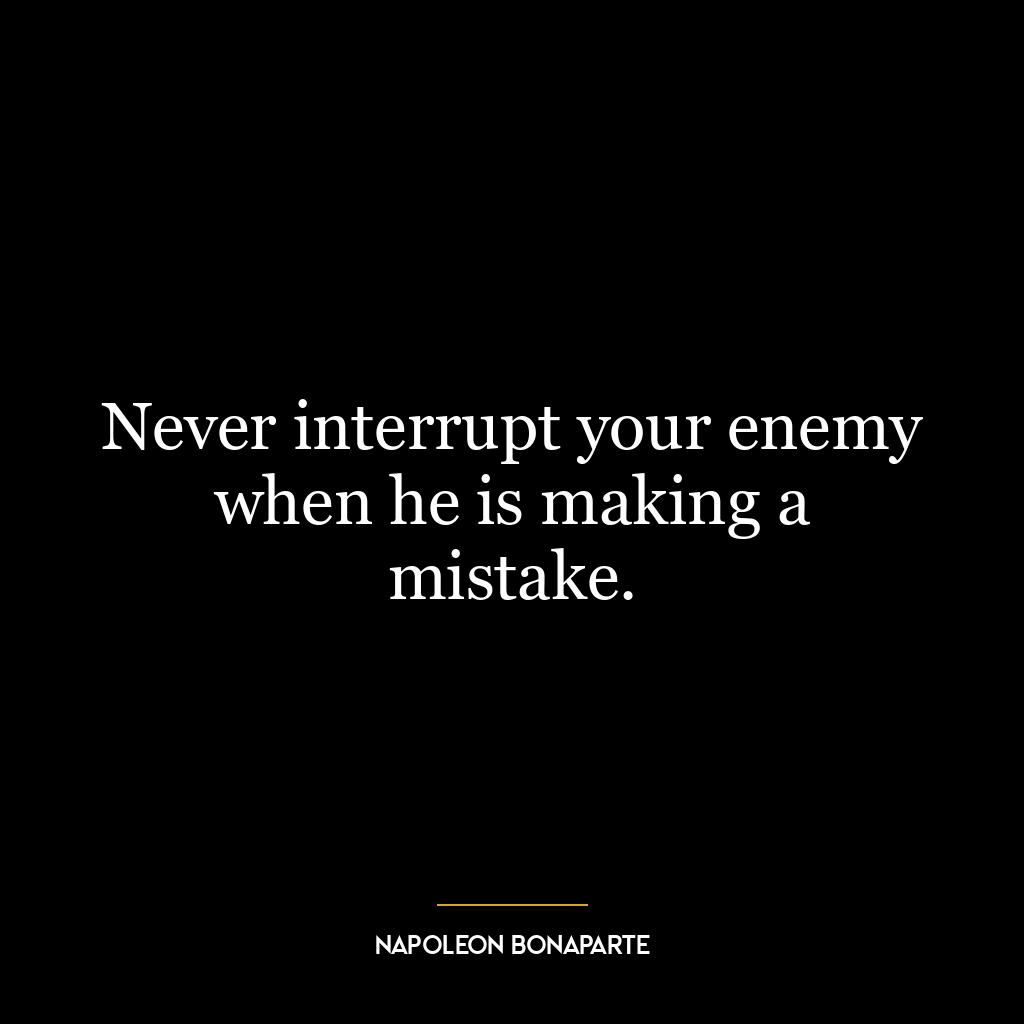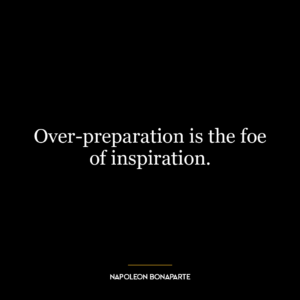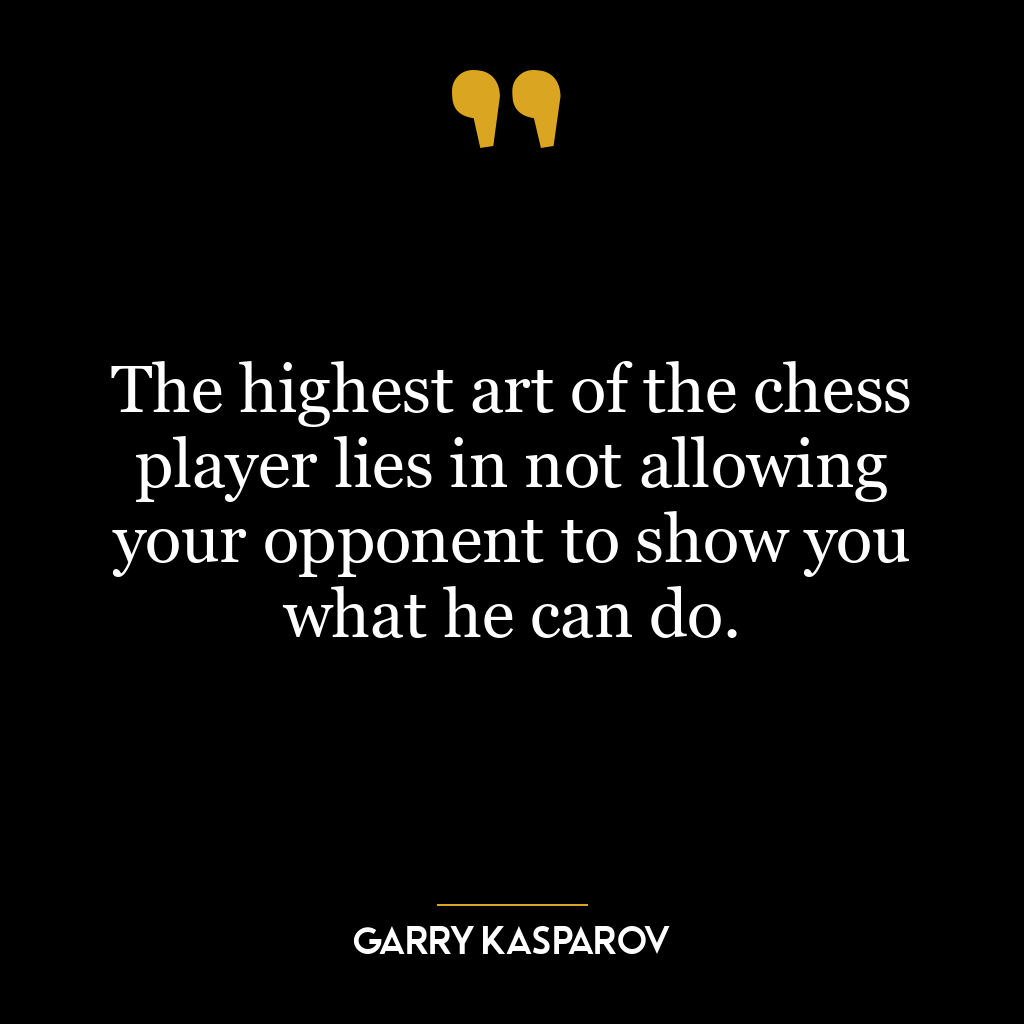“Never interrupt your enemy when he is making a mistake” is a strategic insight that emphasizes the importance of allowing opponents to make errors and not interfering in the process. The quote suggests that by letting an adversary continue on a flawed path or make a wrong decision, one can gain an advantage. This is because the mistake could potentially weaken the opponent’s position, or reveal vulnerabilities that can be exploited.
The quote is essentially about capitalizing on the weaknesses or blunders of others, particularly those who pose a threat or challenge to us. It’s a reminder that sometimes, the best course of action is to simply stand back and observe, rather than actively intervening or engaging.
In today’s world, this principle could be applied in various contexts, such as business, politics, or even personal development. In a business scenario, for instance, a company might benefit from waiting and watching as a competitor implements a flawed strategy, rather than rushing to compete head-on. The competitor’s mistake could result in lost customers, damaged reputation, or other consequences that the observing company can take advantage of.
In politics, this principle could be used by allowing a rival party to make and act on unpopular decisions. This could lead to a loss of public support for the rival party, thereby benefiting the observing party.
In terms of personal development, this quote might be interpreted as a reminder to not rush into fixing other people’s problems, especially if those problems might lead them to growth or self-realization. Sometimes, individuals need to make their own mistakes in order to learn and grow.
At the same time, it’s important to note that this principle doesn’t advocate for taking pleasure in others’ mistakes or wishing harm upon others. Rather, it’s about strategic patience, understanding the dynamics of competition, and recognizing opportunities for growth or advancement.










